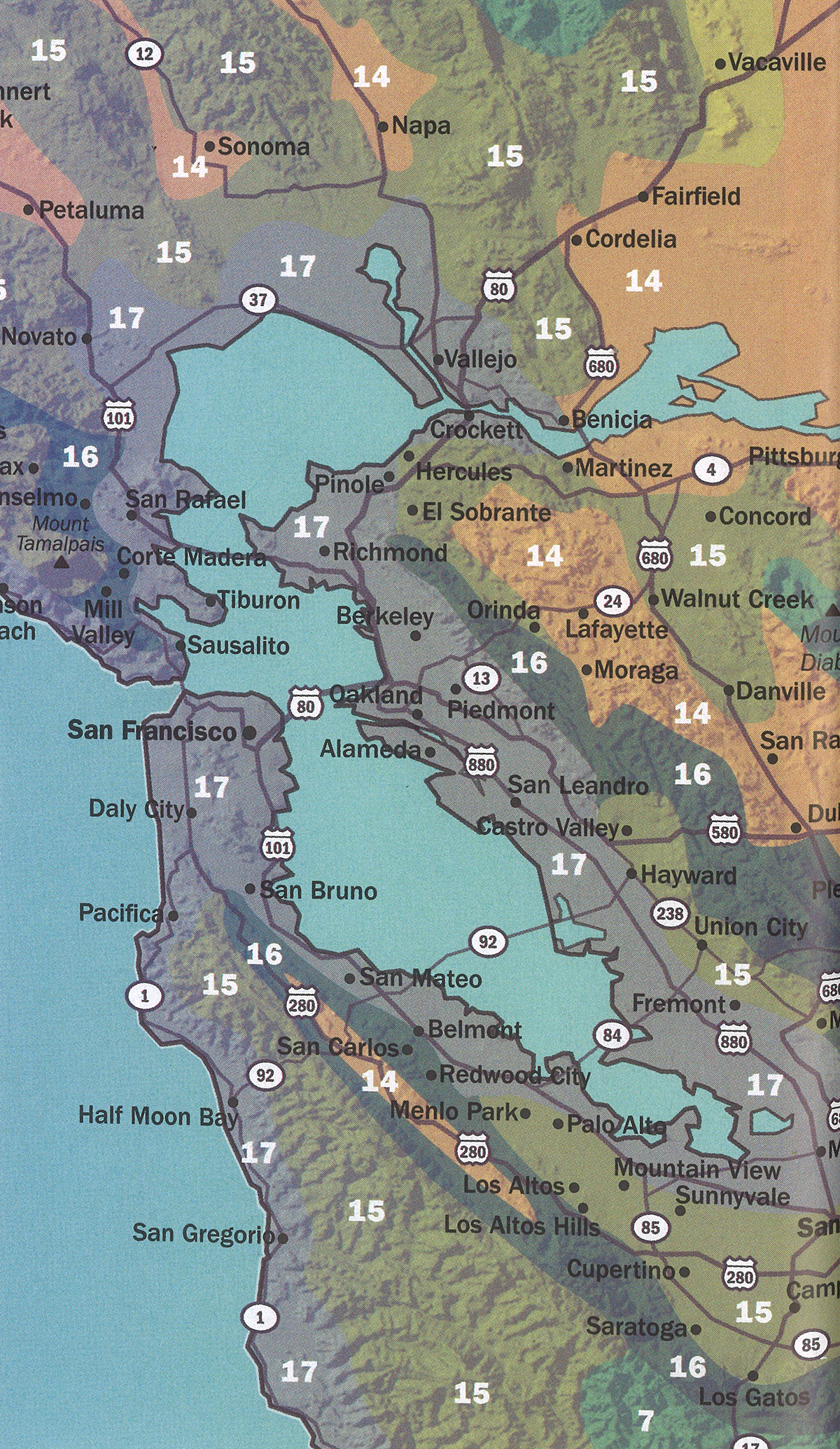



| height | 3–5ft | |
| width | 3–6ft | |
| tolerates | Coast, Cool Summers, Drought, Pots, Neglect, Salt, Wind | |
| water needs |
Low | |
| water info |
While the bird of paradise looks lush and tropical, don’t underestimate its durability. When you repot your bird of paradise you’ll see many succulent taproots; these make this plant incredibly drought tolerant. Once established, this plant easily grows with no additional water (in coastal California); we often see them in abandoned lots, surviving. However, they do look quite stressed and to be lush the’ll want deep regular watering to establish for several years, especially during dry months. Moving forward they prefer be watered when partially dry. Look for cupped leaves and a dull plant as a signs of underwatering. This will probably land in the one to three week watering cycle. | |
| hardy to |
25F | |
| exposure | Full Shade – Full Sun | |
| indoor outdoor |
Outdoor | |
| drainage | In Ground: Planting Mix, In Pots: Potting Soil, Tolerates Heavy Soil, Tolerates Sandy Soil | |
| fertilizing | All Purpose | |
| origin | E South Africa | |
| california native |
No | |
| sunset zones |
9, 13–24 |
Full Sun
Six or more hours of sun beams directly landing on the plant's leaves.
Part Shade
Three to five hours of sun beams directly landing on the plant's leaves.
Part Sun
One to two hours of sun beams directly landing on the plants leaves.
Full Shade
The plant is never fully lit by sun beams,
but is in a bright spot or has dappled sunbeams playing over the leaves throughout the day.
Deep Shade
The plant never has dappled light on the leaves, and is in a place that feels dim, even on a nice sunny day.
